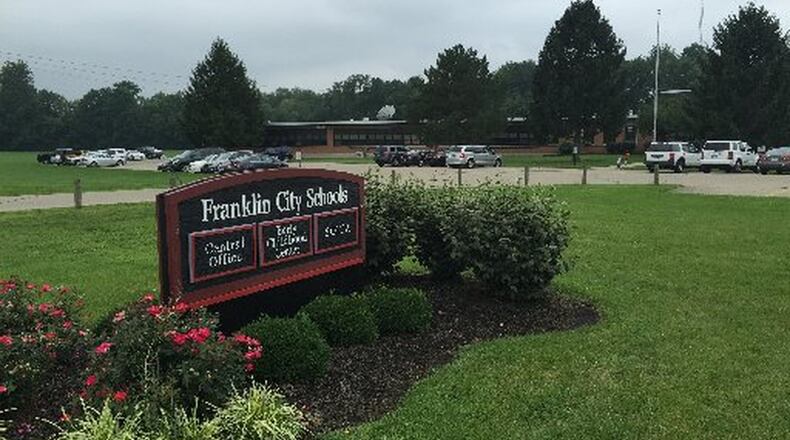Substitute levies do not raise tax rates on existing taxpayers, but allow the district to see revenue growth in future years, as the levy’s tax rates are applied to any new construction.
Had the levy passed, it would have generated about $7.75 million a year for the district. The cost of the levy would have been $465.91 per $100,000 in property value.
The Franklin district has already made cuts but further budget constraints and cuts can have a significant impact on this, he said.
Hawley said the district is projecting a positive cash flow through fiscal year 2024, which is through June 30 of that year. However, if the renewal levy is not approved by voters in 2023, Hawley said the district would see a negative balance by the end of fiscal year 2025, and could lose nearly 21% of its revenues by the end of fiscal year 2027.
He said if the levy is not approved in 2023, significant cuts would have to be made to make up the difference.
Hawley told the board future property values and state funding will have a significant impact on district revenues. In addition, the district is hoping for additional state funding in the new Fair School Funding Plan that is pending in the new biennial budget that will take effect on July 1, 2023.
He said the district was projecting incremental increases which included an adjusted trend calculation.
Hawley said the formula is projecting decreases in “State Per Pupil Share” in FY24-FY25 and FY27.
“This is occurring across the state,” he said. “The formula is still using FY18 data for funding variables and the district is not currently projecting full funding from Fair School Funding Plan.”
Hawley also said expenses such as future staffing, insurance rates and negotiated agreements will have a significant impact on next year’s budget. In addition, he said there are no base raises factored in the budget forecast.
So far during this fiscal year (FY23), Hawley said expenses decreased by $217,791 since the last forecast in May. In addition, revenues increased since the spring forecast by $326,434 due to a one-time sale of property. Otherwise, revenue is forecasted to decrease by $52,892.
The board members all expressed disappointment with the levy failure last week.
“I was disappointed with the levy failure,” said Board President Chris Sizemore. “I’ve been disappointed with the state funding program problem for years. It’s a continuing disappointment.”
Sizemore also noted the district have at least two more tries to get a substitute levy passed in 2023.
About the Author

